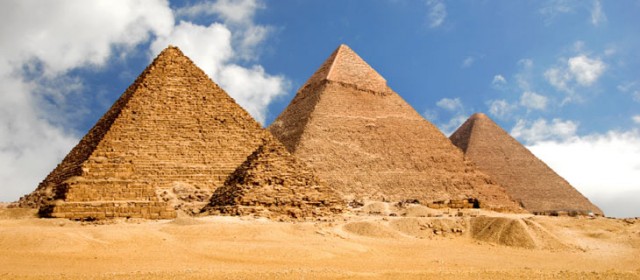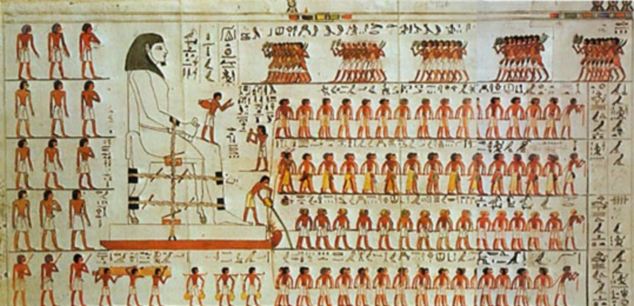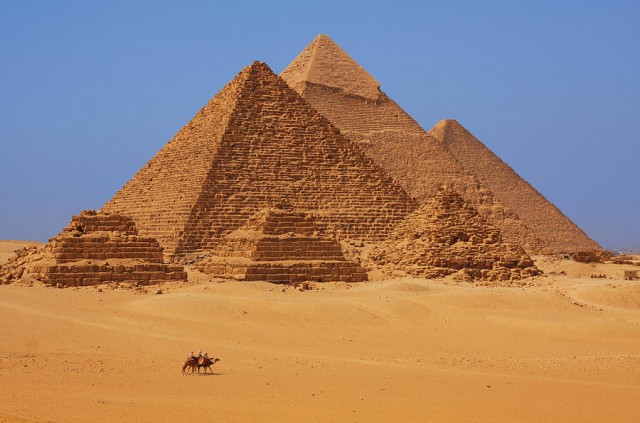Pyramids of Egypt are the only remaining seven wonders of world. They are undoubtedly splendid and research is still going on as to how they were built. This fact has remained a mystery for hundred of years. Now, researchers have found one of the key technology used to construct those pyramids and interestingly the answer is simple “Wet Sand”. Unbelievable! but it is true. The transportation of heavy blocks of stones and statues in the desert was really difficult but researchers at Amsterdam University claim that wet sand was used for this purpose.
In order to validate the theory, they did some experiments which showed the key to transportation was wet sand. The Egyptians put the big blocks on the sledge that was being pulled by the workers. The desert sand on which sledge was pulled, was made wet. A lab version experiment was carried out by the physicist in which a sledge was placed in a sand’s tray. It was revealed that the pulling force gets halved with an appropriate amount of dampness in the sand.



According to the researchers, “In the presence of the correct quantity of water, wet desert sand is about twice as stiff as dry sand. A sledge glides far more easily over firm desert sand simply because the sand does not pile up in front of the sledge as it does in the case of dry sand. They also believe a painting reveals the trick. The Egyptians were probably aware of this handy trick.” They found a painting in the tomb of Djehutihotep which strengthened their theory.

Well, besides unlocking mysteries involving the construction these old pyramids, this research can also be used to optimise the transportion problems. Old concepts might be used to enhance the processing rate of crushing material. It is estimated that 10 percent of the world energy consumption is involved in granular material processing.
